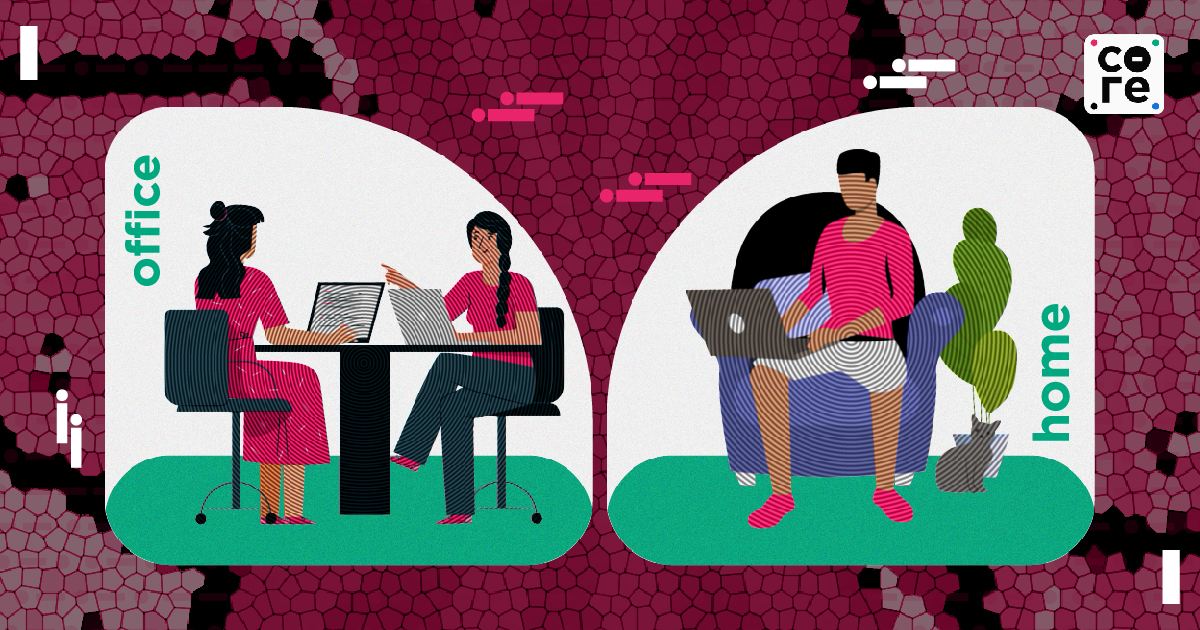
Musk Doesn't Favour Work From Home, But Is He Out Of Touch?
The pandemic changed the way people approached their work. Some changes adopted by companies during the pandemic also seem to have stuck.

If you're someone who works from home, then Twitter CEO Elon Musk has something to say to you. Musk believes that people are more productive when they come into office.�
Musk has been in favour of revoking the work-from-anywhere policy since November 2022. "I am a big believer that people are more productive when they are in person," Musk said in an interview with CNBC. According to him, the preferred treatment is unfair to factory and gig workers and "morally wrong".
Will 2023 be the end of work from home?
The Covid-19 pandemic in 2020 forced offices to shut down and allow most employees to work from home. At the time, this raised questions about whether this could become the norm post-pandemic.�
Tech giants like Twitter, Microsoft, and Facebook embraced the possibility of remote work
If you're someone who works from home, then Twitter CEO Elon Musk has something to say to you. Musk believes that people are more productive when they come into office.
Musk has been in favour of revoking the work-from-anywhere policy since November 2022. "I am a big believer that people are more productive when they are in person," Musk said in an interview with CNBC. According to him, the preferred treatment is unfair to factory and gig workers and "morally wrong".
Will 2023 be the end of work from home?
The Covid-19 pandemic in 2020 forced offices to shut down and allow most employees to work from home. At the time, this raised questions about whether this could become the norm post-pandemic.
Tech giants like Twitter, Microsoft, and Facebook embraced the possibility of remote work, owing to safety concerns, increased productivity and better resource management. But now the tables seem to have turned yet again.
Tech companies are increasingly asking their employees to come back to the office to encourage "spontaneity" and "collaboration". Musk isn't the only one who is in favour of moving to offices. TCS, which once championed the idea of letting 75% of its employees to work from home post-pandemic, has also struck down the possibility of 100% work from home.
In the US, tech companies such as Meta, Apple, and Walt Disney Co too have asked employees to follow a hybrid work-from-office system. However, employees aren't on the same page. An ADP Research Institute study that surveyed almost 33,000 workers across 17 countries, found that more than 71% wanted more flexibility at work.
Priorities have changed for employees
The situation in India isn't different either. According to a C-Level Linkedin research, 71% of business leaders surveyed said that they prefer their employees to work more frequently from the office.
On the other hand, 76.07% of employees in India, according to a report by ADP Research Institute, would prefer having control over their working hours. In fact, the top motivation for employees to willingly forego a salary raise is the opportunity to work from any location, according to a survey by Mercer.
The Road Ahead
The pandemic changed the way people approached their work. The concept of quiet quitting, as opposed to hustle culture, became the talk of the town as economies began to open up in 2021. Social media posts, media articles and talk shows have all addressed how people realised that they'd rather lead fulfilling lives outside of work than spend all of themselves in it.
Some changes adopted by companies during the pandemic also seem to have stuck. A Mckinsey survey reveals that 20-25% of workforces in advanced economies can now work from home 3-5 days a week.
However, activities such as negotiations, critical decision-making, brainstorming sessions, feedback provision, and onboarding are deemed less effective remotely. Hence, a shift towards flexible workspaces is crucial.
Some European companies are even embracing a four-day workweek strategy, giving employees the choice to work fewer days.
A successful six-week trial in the UK has paved the way for potential permanent implementation. If productivity remains unaffected, could hybrid and four-day work be a win-win situation for all?
The pandemic changed the way people approached their work. Some changes adopted by companies during the pandemic also seem to have stuck.

